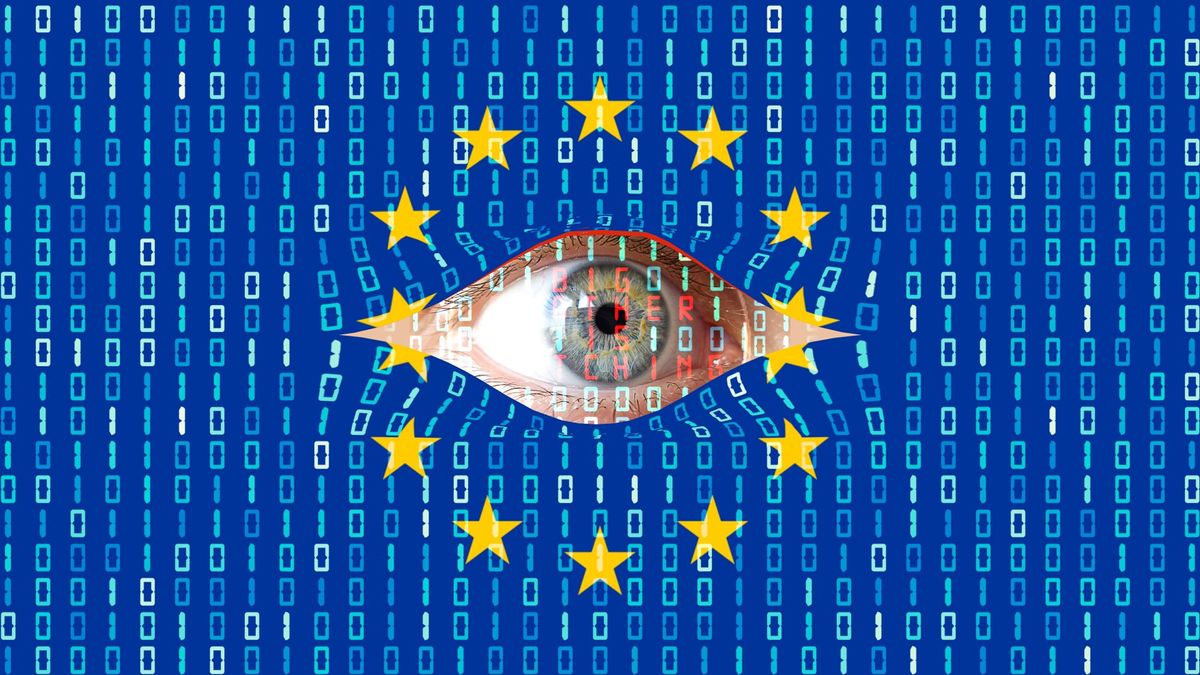EU Proposes Total Surveillance: Civil Societies Slam Plans for Always-On Monitorable Devices

EU’s Plan to Monitor Devices Sparks Concerns over Surveillance and Privacy
A coalition of 55 civil society groups and tech companies has warned that the European Union’s plan to make all digital devices monitorable at all times poses significant risks to mass surveillance, security, and privacy.
The Going Dark Initiative
The European Commission’s High-Level Group (HLG) recently released 42 recommendations for implementing a “lawful data access by design” framework, aimed at ensuring data access for effective law enforcement across all digital devices and online platforms.
- Data access for law enforcement: The goal is to make digital devices, including smartphones, smart homes, IoT devices, and even cars, legally and technically monitorable at all times by law enforcement bodies.
- Main targets: Encryption, stored data, localization access, data retention practices, and anonymization offered by virtual private networks are among the main targets.
Experts argue that this initiative would constitute “insecurity by design” and put everyone’s safety at risk. They claim that this would require the systemic weakening of all digital security systems, including encryption.
“In practice, it would require the systemic weakening of all digital security systems, including but not limited to encryption,” the open letter states.
The Going Dark Agenda
Experts are especially concerned about the way the proposal was created “behind closed doors,” with civil society groups denied a chance to take part.
According to experts, this so-called Going Dark agenda – the claim that there is a lack of access to data for successfully fighting crimes – would actually increase the risk of insecurity and encroach on fundamental rights.
“A backdoor – or any other circumvention mechanism – intended for law enforcement can always be exploited by other actors,” wrote the experts.
This plan adds to another legislation proposal being discussed in the EU Council – the Child Sexual Abuse Regulation (CSAR). Dubbed Chat Control by its critics, the current draft would require communication service providers to scan all shared photos, videos, and URLs for child sexual abuse material (CSAM).
Needless to say, the proposal has attracted strong criticism on both privacy and security grounds since it was first presented in May 2022.
As the EU Council continues to debate the proposal, lawmakers must find a balanced solution to combat these crimes while respecting privacy and security concerns.






